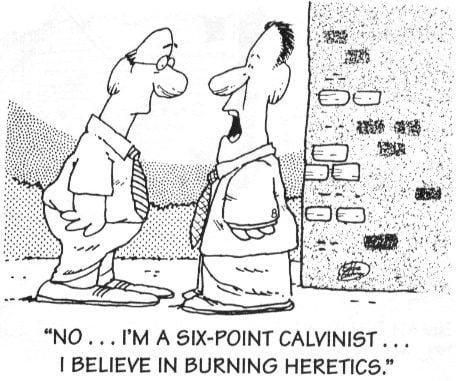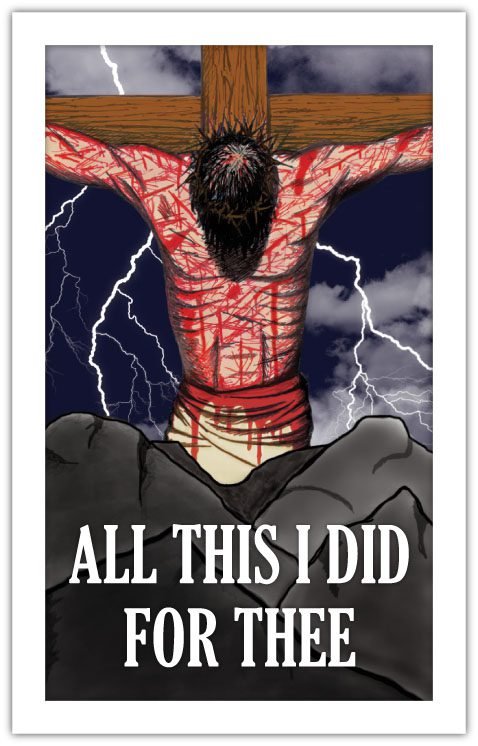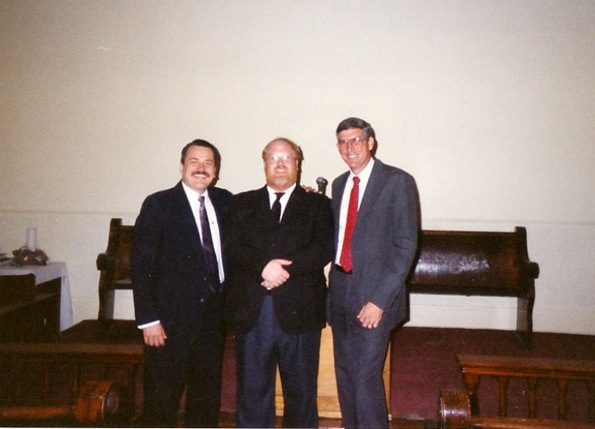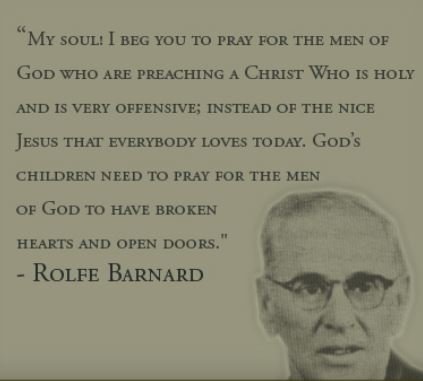
In the late 1980s, I left the theology of the Independent Fundamentalist Baptist church movement and embraced Evangelical Calvinism. Over the next fifteen or so years, I preached what is commonly called the “doctrines of grace.” I abandoned preaching topical/textual sermons and started preaching expositionally, verse-by-verse through books of the Bible. I preached over 100 sermons from the Gospel of John alone. I also preached through Genesis, Exodus, Daniel, Hebrews, Revelation, and many of Apostle Paul’s epistles. My library was filled with books written by Puritan authors and modern Calvinistic writers. My book collection quickly surpassed 1,000 books, mostly of a Calvinistic persuasion.
My turn towards Calvinism was fueled by tapes and literature from Chapel Library, a cassette tape and publishing ministry of the Mt. Zion Bible Church in Pensacola, Florida. I remember reading an ad for Chapel Library in a Christian publication, advertising their free tape-lending library. Chapel Library sent me a printed catalog, and I ordered my first box of tapes.
The tapes — ten or twelve of them — came in a duct-tape-covered plastic rectangle tape box. Every two weeks, after listening to the tapes, I would return them and order another set of tapes. I listened to sermons by Rolfe Barnard, Martyn Lloyd Jones, Henry Mahan, Al Martin, Walter Chantry, and other Calvinistic preachers. I later bought a tape duplicator and copied the tapes Chapel sent me. I then made the tapes available to church members. Eventually, I started our own tape lending library, the CHARIS Tape Lending Library.
I kept this large collection of tapes for years, through three pastorates. One night, in a fit of spiritual angst and depression, I threw the tapes into our backyard and set them on fire. I explained this event in a post titled, The Night I Set My Life on Fire:
During the last three years of my time at Our Father’s House, I became increasingly disenchanted with Evangelical Christianity. Deeply influenced by authors such as Thomas Merton, Wendell Berry, and John Howard Yoder, I fully embraced pacifism and changed my political affiliation from Republican to Democrat. I now see that the seeds of my unbelief were planted during this period of time.
One night, after a long, depressing self-reflection on Evangelicalism and my part in harming others in the name of God, I gathered up all the ministry mementos I had collected over the years, piled them in the yard, doused them with gasoline, and set them on fire. In a few minutes, 20 years of sermons notes, recorded sermons, letters, and church advertisements went up in smoke. At the time, I found the consuming fire to be quite cathartic. This was my way of breaking with my past. Little did I know that eight years later I would torch the rest of my ministerial and Christian past and embrace atheism.
I have fond memories of the days when my Chapel Library tape orders arrived. Much like a child on Christmas, I excitedly opened my tape box and started listening to the tapes in my car, on my Walkman, on the portable tape recorder I purchased for use in my office, or on our awesome Fisher stereo that cost us $500. Virtually every day I would listen to the sermons of eloquent orators, men who taught me much about the art of preaching and the gospel according to John Calvin. These taped sermons were instrumental in my personal and spiritual growth.
Bruce Gerencser, 66, lives in rural Northwest Ohio with his wife of 45 years. He and his wife have six grown children and thirteen grandchildren. Bruce pastored Evangelical churches for twenty-five years in Ohio, Texas, and Michigan. Bruce left the ministry in 2005, and in 2008 he left Christianity. Bruce is now a humanist and an atheist.
Connect with me on social media:
Your comments are welcome and appreciated. All first-time comments are moderated. Please read the commenting rules before commenting.
You can email Bruce via the Contact Form.




